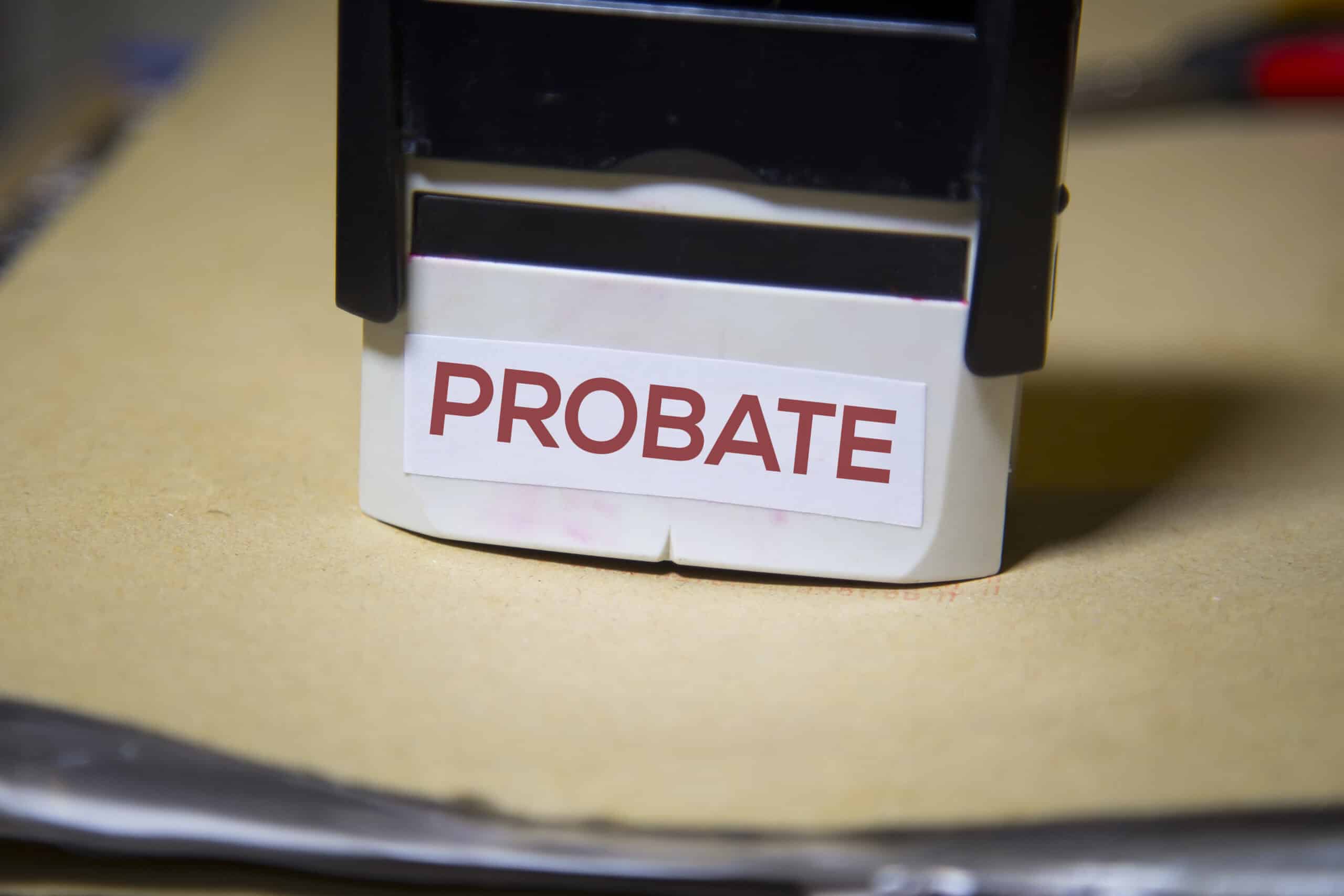When thinking of the distribution and management of your assets during a period of disability or after your death, you want to plan carefully to be certain that your intentions will be carried out and can be achieved through the legal tools available for estate planning.
Two basic strategies for estate planning include a Will and/or a Trust. Trusts and Wills are similar in purpose, but different in creation and administration.
A Will provides your written instructions as to how you wish your property to be distributed after your death and which person you want to manage your property until its final distribution. To be effective, a Will must be in writing and meet the criteria provided in the Probate Code for its creation, generally including your signature and date of signing, together with the signature and date of at least two witnesses.
A Probate will be required if the assets of the deceased person exceed a maximum stated in the Probate Code. The Will requires administration through Probate. Probate is the court process by which the court appoints a representative for the decedent’s estate to gather or marshal all of the assets to be probated, pay the decedent’s liabilities and taxes, provide an accounting and distribute what remains either according to a Will or the scheme of distribution provided by the Probate Code.
When creating a trust, a person places complete confidence, trust and reliance in someone to act for the person’s benefit. This relationship creates a “fiduciary duty” between the person relying upon the other for the assistance. So, a Trust creates a fiduciary relationship between one party, known as the Trustor, who gives another party, the Trustee, the right to hold title to property or assets for the benefit of the Trustor and/or one or more third parties, known as Beneficiaries. A Trust can operate during your lifetime and after your death. Most Trustors are often the initial Trustee and Beneficiaries during their lifetimes.
For the Trust to become effective, you must transfer assets to your Trust before the Trustee can act upon or manage them. A Trustor will often transfer all assets to the Trust so that no assets remain to be probated and so provide probate protection.
A Trust can provide:
- For for a smoother transition during any disability and after your death for your family, spouse and children:
- Greater flexibility in providing for your family, spouse and children;
- For children with special needs;
- Probate protection for some or all of your assets;
- Opportunities for tax planning; and
- For a longer term solution for the distribution of your assets.
Do They Overlap
Wills and Trusts do not necessarily overlap. Each document has its own function and responsibilities and zones of activity. You can choose to have either one or both. Most people who create a Trust will also create a Will that will pour-over assets that may not have been contributed to the Trust. Some people will choose only to have a Will if they do not want the probate protection provided by a Trust.
Historically, some people included language in their Will to establish a Trust. At the conclusion of the Probate, the judge would create the Trust in the final order. The downside to that strategy has been that the court-created trust would have the additional cost of court supervision for its lifetime.
But most people want probate protection, not to extend court proceedings.
As a solution, estate planning now commonly includes a “Pour-Over Will” which provides that all or most of the assets that are probated are to pour-over into their Trust for further administration. This tentatively allows for a streamlined probate for those assets that the Trustor failed to transfer to the Trust.
Problems with Both
Both Wills and Trusts may be challenged or contested on the basis of lack of capacity, undue influence, menace or duress at the time of their creation. Both can also be challenged as a fraudulent document. Likewise, heirs or beneficiaries may challenge the actions of an Estate Representative or a Trustee. Challenges or contests often reflect and express underlying unresolved family issues.
Such challenges or contests can be very complicated, time-consuming and expensive since they may rely upon voluminous records and testimony. Because of that complexity in Wills or Trust Disputes, when you explore hiring an attorney, contact The Kiken Group to assist you.

 Call Us Now
Call Us Now Email Us Now
Email Us Now















